College of Human Sciences
Everything happens for a reason, including prison
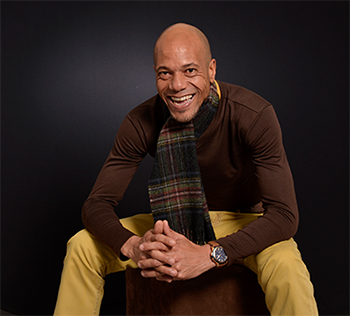 Everything happens for a reason, they say, but Psychology lecturer and PhD student Mbongiseni Mdakane is still figuring out the reason behind the 10 years he spent in a prison cell. “I did introspection while I was there, asking myself why I was where I was; what was the meaning of my being in prison? You could say it was because of circumstances but you never know the real reason until a later stage. Only then can you say, ‘Ah, so this is why it happened’.”
Everything happens for a reason, they say, but Psychology lecturer and PhD student Mbongiseni Mdakane is still figuring out the reason behind the 10 years he spent in a prison cell. “I did introspection while I was there, asking myself why I was where I was; what was the meaning of my being in prison? You could say it was because of circumstances but you never know the real reason until a later stage. Only then can you say, ‘Ah, so this is why it happened’.”
Meanings behind meanings are starting to emerge for Soweto-born Mdakane, who poured his heart and soul into studying psychology as a way to heal. “My heart was broken while I was in prison. All that negative energy…I needed something to focus on, something positive to take my mind off things. Some people drink alcohol as a way of forgetting; I drown my sorrows in academic work. That’s where I find my solace.”
It’s clearly an outlet that works. Mdakane completed his Master’s in Psychology cum laude in 2016, and it was the same with his undergraduate studies. This was despite undeniably difficult circumstances.
“I was released from Leeuwkop Correctional Centre on 22 October 2010, a Friday. The previous day, I was writing my exam and feeling so much anxiety. I hadn’t been outside for 10 years and I was worrying about how people would perceive me, and at the same time, I had exam anxiety.”
His exam anxiety turned out to be unwarranted. Mdakane passed that test with flying colours and a year later, in 2011, completed his BA Psychology with distinction.
Open and shut, inside and out
Less straightforward was his experience on the outside and the reception he has received as a person with a criminal record for robbery. On the one hand, doors have opened for Mdakane on the strength of his excellent academic record; on the other hand, some doors remain shut.
One of the first to open was that of Prof Eduard Fourie of Unisa’s Psychology department. “Professor Fourie is involved in community psychology and I did a community psychology module in 2010, before I was released. I wasn’t aware of any community except the prison community, so I wrote about that and got 99% for the paper,” he says. “So I came here, to Psychology, in January 2011 to see him.”
One thing led to another. Initially, he volunteered as a peer helper with Unisa’s Career Counselling and Academic Development Directorate. After about seven months, he was appointed on contract at the university’s Finance Department, doing bank reconciliations. He also co-founded and became deeply involved in Inside-Out, Outside-In, a community engagement and outreach project for the empowerment of offenders.
Mdakane is probably uniquely qualified to be involved in a project of this kind. While serving his sentence, he became an Adult Basic Education and Training (ABET) tutor, trained as a peer counsellor, and completed the larger portion of his BA in Psychology. He also understands all too well the stresses and strains of incarceration.
As he used to say to his professors: “At 4pm, when the cells are locked, you go home. We never go home.”
Taking the past home
When he did finally go home in late 2010, his past went with him. As an ex-offender, he has so far not been permitted to register as a research psychologist, despite having served his sentence and achieved brilliant academic results.
“It hurts. You have been duly sentenced and served time; you have been incarcerated to pay for your crimes,” Mdakane says. “Having paid, the stigma of a criminal record stays with you, like another form of punishment.”
He refuses to give in to negative thinking. “I just keep moving. Challenges come and go, and I brush them away and forge ahead. And yes, it is possible that an offender can outlive their criminal career and reach the point where crime doesn’t make sense.”
Mdakane observes that “recidivism” is a term familiar to most people, meaning the tendency for ex-offenders to reoffend. Much less familiar is the word “desistance”, defined as the cessation of offending or other anti-social behaviour.
This contrast was the focus of his master’s thesis, the topic of which was Defying the odds of recidivism: An ex-offender’s narratives of desistance.
Now a Psychology lecturer on contract at Unisa, Mdakane is working on his proposal for his PhD and continuing his work on the Inside-out, Outside-in South African Corrections Interest Group. “There are a multitude of offenders who would like to pursue studies or careers, and we help them do that.” This wide-ranging support includes donating books, holding career expos at correctional facilities and assisting offenders to find funding for their studies, among other things.
While his future is still uncertain, there are some things he is sure of. “I know that I love what I am doing and I know my niche area. I have first-hand experience and can share and integrate my life experience with my research experience. What I bring is unique.”
Ah. Perhaps this is why it all happened.
*By Clairwyn van der Merwe
Publish date: 2017-11-02 00:00:00.0


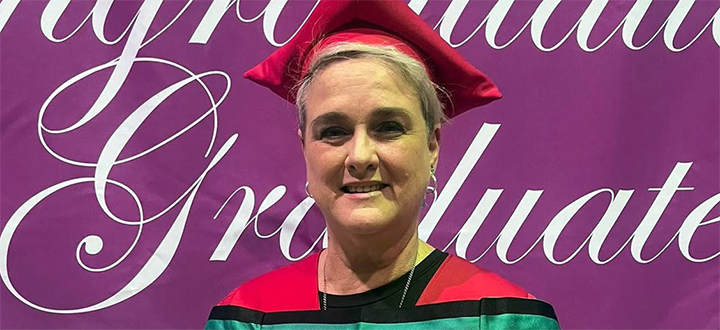 Shedding light on the well-being of ODeL facilitators
Shedding light on the well-being of ODeL facilitators
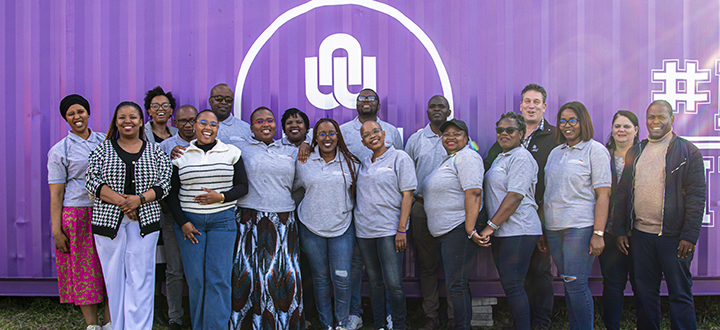 A giant leap for student success and retention
A giant leap for student success and retention
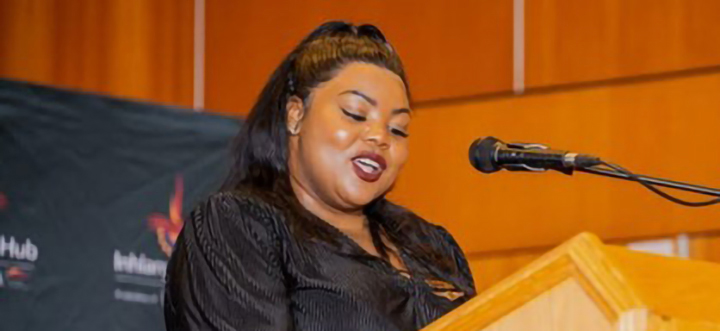 SWEEP: Where women entrepreneurs take the lead
SWEEP: Where women entrepreneurs take the lead
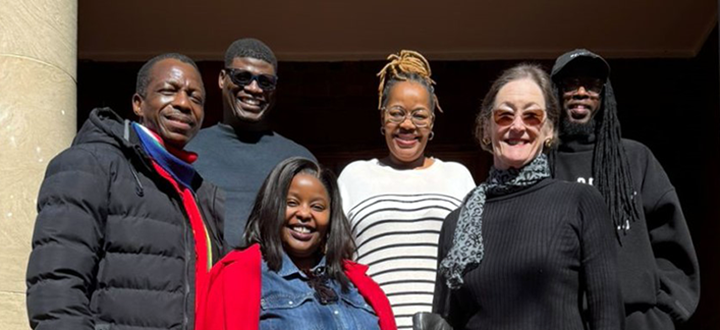 A sense of belonging and excellence nurtured through collaboration
A sense of belonging and excellence nurtured through collaboration
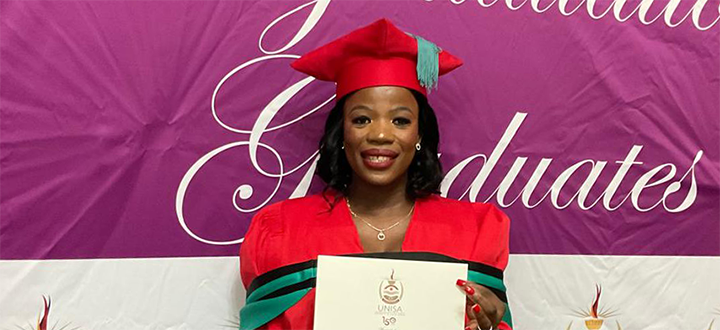 Wielding her Unisa PhD, Botswana educator champions early childhood development
Wielding her Unisa PhD, Botswana educator champions early childhood development